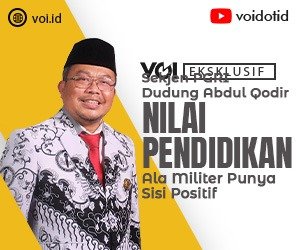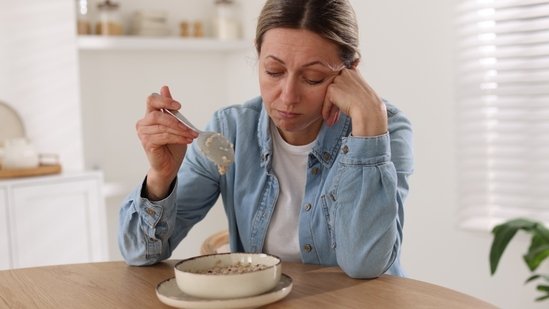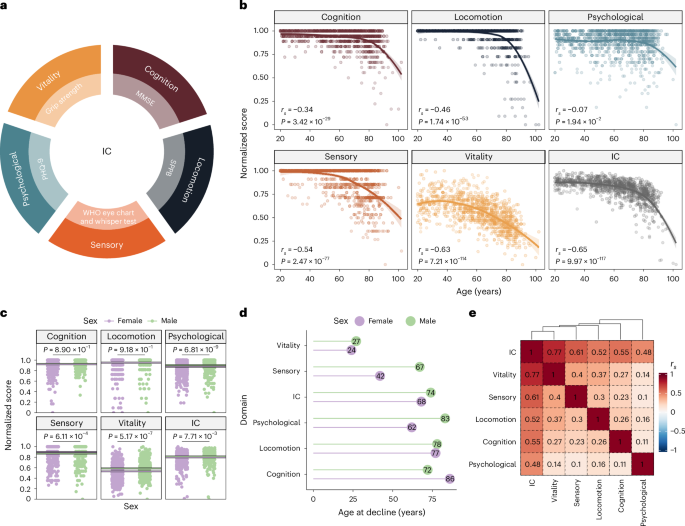

As we gear up for another winter characterised by ever-growing numbers of flu strains and common illnesses, integrative Medicine Pioneer Dr Hira Singh is advocating for doctors to take a more preventative approach to patient health.
“My hope is that more health practitioners will consider and embrace the wider responsibilities of their role as teachers of health to their patients, rather than be reduced to the soul-destroying practice of disease management with pharmaceuticals alone,” said Dr Singh.
Known for his insightful take on holistic wellness, Dr Singh argues that traditional medicine, while vital, often overlooks the power of lifestyle choices in shaping health outcomes. His book delves into practical strategies for nutrition, movement, stress management, and mental resilience, offering a comprehensive guide to living a vibrant and balanced life.
“Doctors often see patients ‘presenting’ with evolving illnesses which do not fit into a well defined diagnostic category as described in medical textbooks. The complexity of illness demands that we expand the scope of our attention in this way if we are to be effective doctors,” said Dr Singh.
With more than 45 years experience as a GP treating Australian patients, Dr Singh believes that a key element in patient care is understanding that health management must be individualised – what may work for one may not work for another.
In his book, Healing the Whole Person, Dr Singh sheds light on the undeniable connection between lifestyle and long-term well-being, urging readers to look beyond symptom management and rethink their approach to health in the modern age.
“Science has confirmed that Western medicine is not the only available path to better healthcare. With increasingly easy access to health information on the internet, more patients are expecting their doctor to engage with them on their health journey. They request explanations, question their prescriptions, and are no longer content to be passive recipients of a paternalistic medical culture.”
“They are also becoming increasingly aware of the emerging evidence that lifestyle changes such as eating well, moving more, stressing less and loving more can actually affect so many chronic diseases,” said Dr Singh.
“Health is not just about curing symptoms; it’s about creating harmony between the body, mind, and spirit. The answer to long term wellness lies is in the way we live every single day.”
“Healing the Whole Person offers us simple, effective ways we can all follow to improve our lifestyle for health optimisation and personal growth. It provides a road map for the ‘whole person’ approach, which offers the best that all medicine has to offer,” writes Professor Avni Sali – Founder & Director, National Institute of Integrative Medicine.
Key Themes in Healing the Whole Person:
- The Lifestyle-Health Connection: Understanding how habits shape long-term health.
- Empowered Choices: Practical tips for eating, moving, and living better.
- Breaking the Quick-Fix Mentality: Why sustainable change beats temporary solutions.
- Integrative Approaches: Bridging the gap between traditional medicine and modern lifestyles.
About us:
ABOUT THE AUTHOR
Dr Hira Singh is a pioneer of integrative medicine who lectures widely on his Whole Person Model of Care at conferences nationally and internationally.
Dr Singh (MBBS FRACGP) was born in Singapore where he completed his medical studies before migrating to Australia in 1977.
Dr Singh has served as the Western Australian Representative on the Founding Board of the Australasian Integrative Medicine Association and as President of the Whole Health Institute (Australia).
Contact details:
Further information: Drew Carter, Hill of Content Publishing – [email protected]







